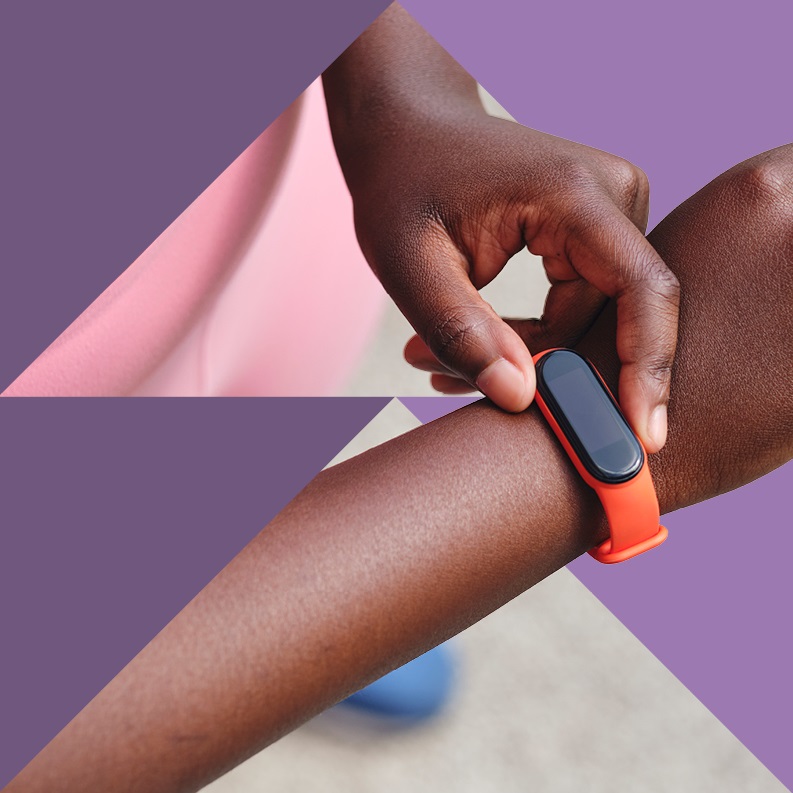
AI Industry Updates: CES Recap, January 2024
Published 23 January 2024
Devices powered by artificial intelligence (AI) were plentiful at CES 2024 in Las Vegas (January 9-12). The most compelling launches utilise AI to enhance a product’s functionality, rather than as a core feature. Having combed the show floor, our editors round up the AI-related launches to watch.
AI Industry Updates: CES Recap, January 2024


Topics

Want to see the full report?
Offering access to over 350 consumer and cross-industry reports annually, Stylus Membership is your window to tomorrow’s most exciting opportunities.
We already arm more than 500 of the world’s most forward-thinking brands and agencies with the creative insights they need to make transformative business decisions.
We’d love to do the same for you.
Book a demo with us today to discover more.
More Reports From Stylus
More Reports From Stylus
The Future of AI At Work
Artificial intelligence (AI) is transforming workplace dynamics as employees automate routine tasks, work alongside AI agents and reconsider their career paths. Corporate responses to AI’s rise vary wildly: some companies are providing robust frameworks for AI usage, while others are leaving workers to experiment...











